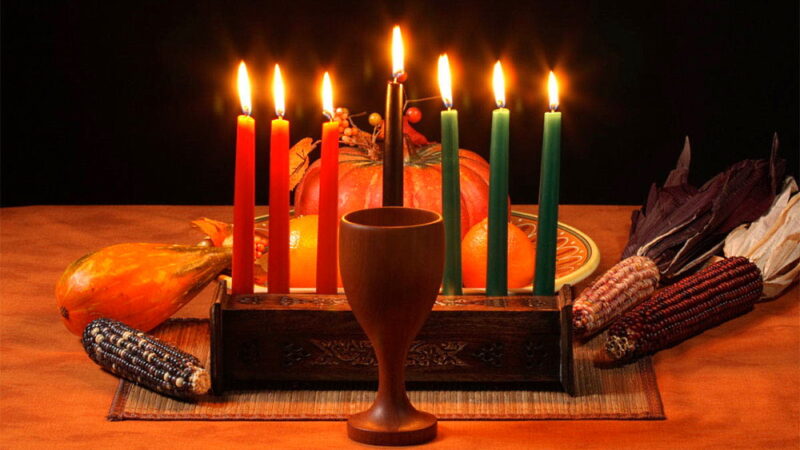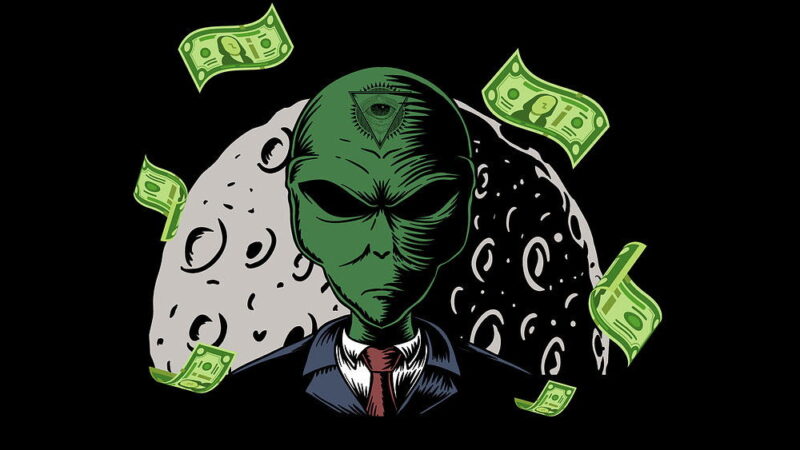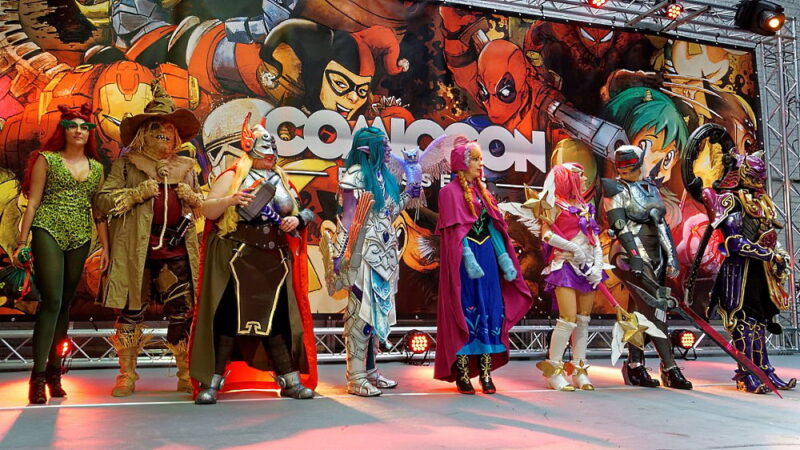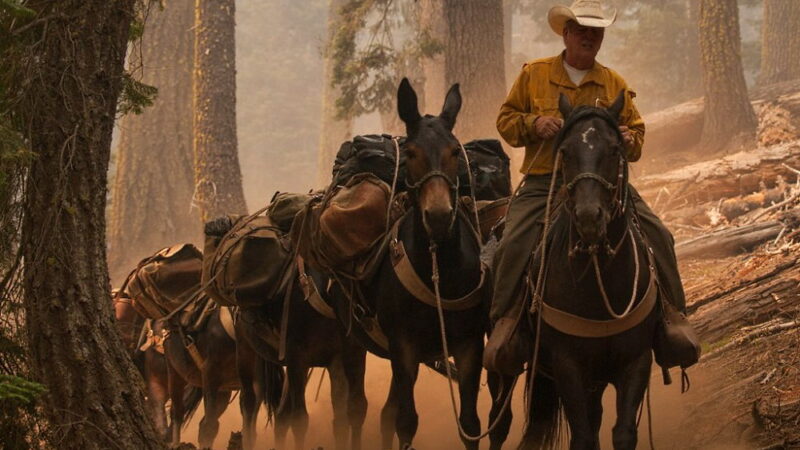Kwanzaa is celebrated by people of African descent from December 26 through January 1. This seven-day period calls on communities worldwide to unite, honor their ancestors, and reaffirm cultural values through candlelight and reflection.
History
Kwanzaa was founded in 1966 by Maulana Karenga, an American writer and professor of African studies, during a time of social change and the fight for civil rights. The name comes from the Swahili phrase “matunda ya kwanza,” meaning “first fruits.” The seven days correspond to the Nguzo Saba, or Seven Principles: Umoja (Unity), Kujichagulia (Self-Determination), Ujima (Collective Work and Responsibility), Ujamaa (Cooperative Economics), Nia (Purpose), Kuumba (Creativity), and Imani (Faith).
Interesting facts
- About 15 percent of Americans celebrate Kwanzaa.
- It was originally intended to strengthen community ties and cultural identity.
- The word “Kwanzaa” translates as “first fruits.”
- Over time, its principles have been embraced by people of all backgrounds.
How to take part
During Kwanzaa, homes are decorated with the Mkeka (mat), Mishumaa Saba (seven candles), and fruit baskets symbolizing the harvest. Families light one candle each night, share stories, and enjoy traditional meals. You can attend local festivals, exchange handmade gifts, and learn more about African heritage and culture.
When is Kwanzaa in 2025?
Kwanzaa is observed on December 26 each year.
Observations
| Weekday | Month | Day | Year |
| Friday | December | 26 | 2025 |
| Saturday | December | 26 | 2026 |
| Sunday | December | 26 | 2027 |
| Tuesday | December | 26 | 2028 |
| Wednesday | December | 26 | 2029 |




